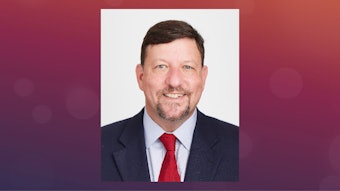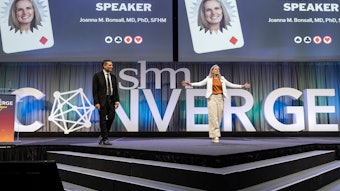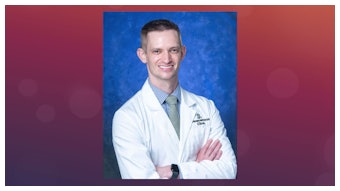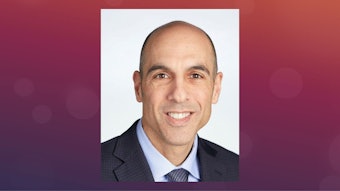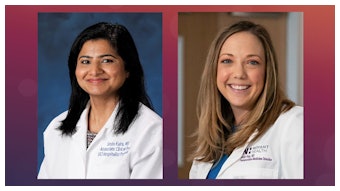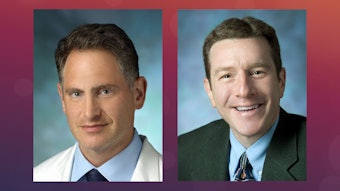The power of narrative
Sharing stories to connect the past, present, and future of medicine.
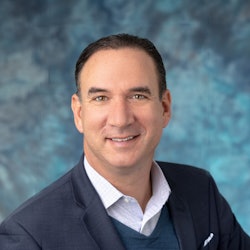
Once upon a time…
Everything has a beginning, and every story has a message that is rooted in the past, is manifested in the present, and impacts the future. Jordan Messler, MD, SFHM, invites Converge attendees to take a step back in history and join him for an afternoon fireside chat where he’ll relate a selection of patient accounts in “2,000 Years of Patient Stories in Hospitals: How That Helps You Become a Better Hospitalist Today and in the Future.”
The relationship between patient and doctor (or healer) is timeless. In this session, Dr. Messler will recount stories from ancient Greece to the Middle East, from 14th century Italy during the Renaissance to 19th century Scotland and France all the way to present-day hospitals in the United States.
“The patient is central to all that we do, and the history of the patient is the core of that interaction,” said Dr. Messler, chief medical officer at Glytec, and hospitalist at Morton Plant Hospital in Clearwater, Florida. “Taking a peek through history, with stories, art, and literature as our guide, can reveal the power of the arts to drive empathy, compassion, and perspective—all essential pieces to being a good person and a great physician.”
Part of becoming a better clinician, he said, is prioritizing acute observation, practicing tolerance, and exhibiting sympathy. In a world where technology and endless data and research separate hospitalists farther and farther from the bedside, Dr. Messler said that reestablishing the true patient-doctor connection is critical to one’s practice.
Recent advancements in modern medicine can sometimes overshadow the lineage of similarities. For example, treatments have evolved, but “rounding, teamwork, a pharmacy—it’s all there throughout history,” he said.
By reaching back to these historical occurrences in some of the world’s first hospitals, Dr. Messler hopes to inspire his colleagues and remind them of the importance of bedside practice, where doctors can listen and learn, administer care and compassion, and grow—as hospitalists, healers, and humans.
“I'd like everyone to go back to their hospital, find out its story, and deepen the connection to their community, patients, and medical ancestors,” said Dr. Messler. “I'd like everyone to shut the door to the hospital room, sit down at the bedside, and move the chair a little closer. Then I want them to quiet the room, take a deep breath, and ask, ‘What's your story?’ Listen closely to what's about to unfold, and let it change your life.”
Visit SHM Meeting News Central for more coverage.


